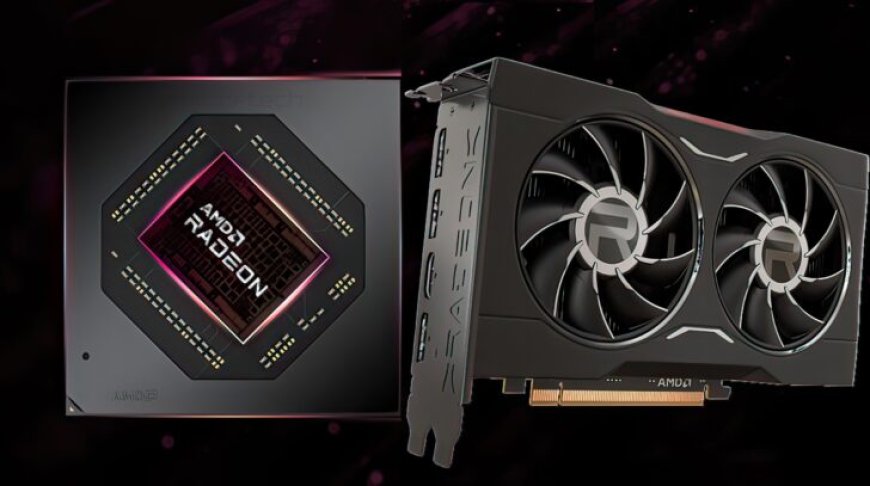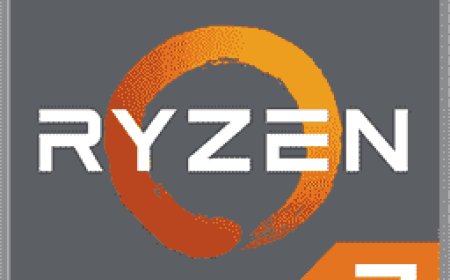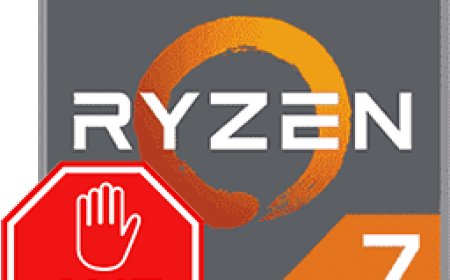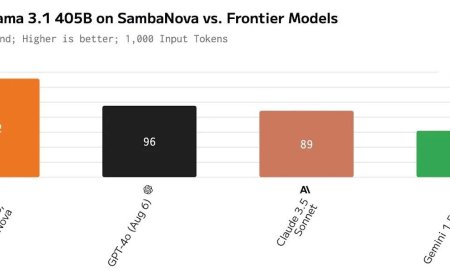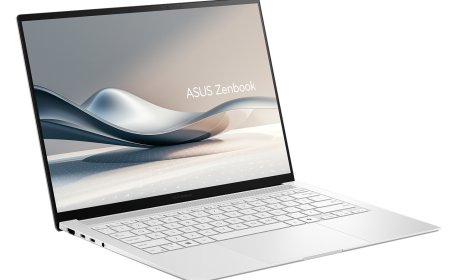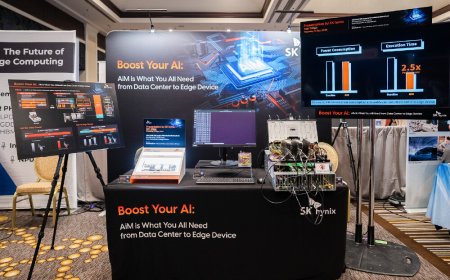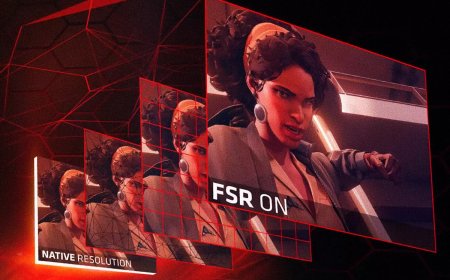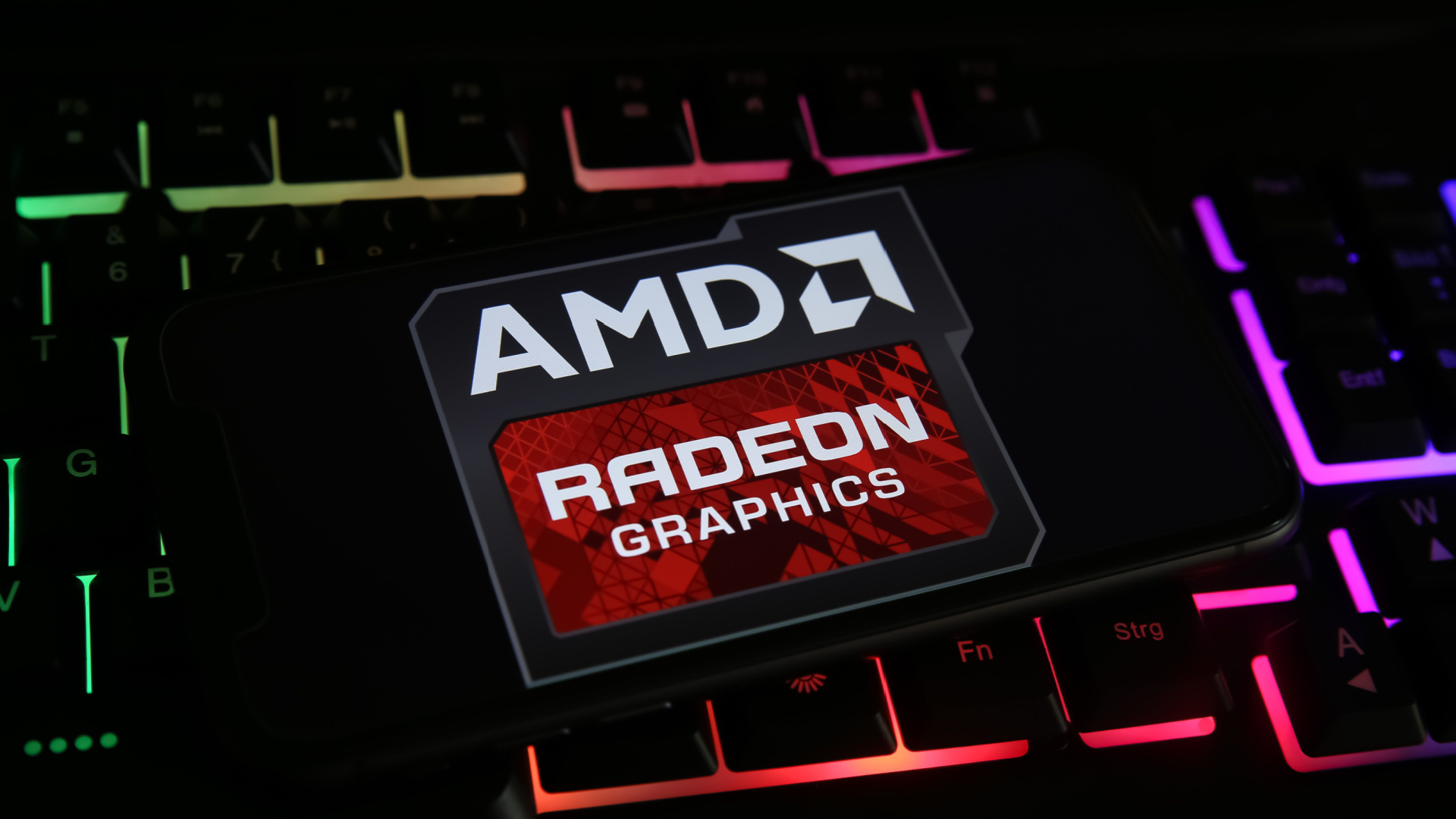AMD has added support for its upcoming Radeon RX 7700 & RX 7600 RDNA 3 graphics cards featuring the Navi 33 GPUs within GPUOpen.
AMD GPUOpen toolkit has seen numerous updates today, especially in three main areas — GPU Analyzer, GPU Profiler, and the GPU Performance API (GPUPerfAPI or GPA). The updates are focused on the upcoming AMD Radeon RX 7600 and 7700 series graphics cards to prepare for the new RDNA 3 architecture. These GPUs are part of the "GFX1102" family which means they utilize the Navi 33 graphics core.
In terms of specifications, the AMD Radeon RX 7600 XT graphics card is expected to feature the Navi 33 GPU with RDNA 3 graphics architecture that should be able to deliver close to 10-15% graphics performance uplift over the Radeon RX 6650 XT. It is said to consume around 175W of power and while this is early silicon, it looks like the card won't be a match to NVIDIA's Ada Lovelace graphics architecture since it produces far better results. For example, the RTX 4070 sips close to 180W and runs about the same as an RX 6800 XT and RTX 3080 in rasterization.
The card is also said to feature 8 GB of VRAM across a 128-bit wide bus interface which should be the same as its predecessor though given the recent topics surrounding how 8 GB of VRAM is not enough for most games these days, it may not look that enticing for gamers. NVIDIA has got heat too with its RTX 4060 series expected to feature 8 GB of VRAM. The clocks for this card are said to be above 2.6 GHz which is very nice and overclocked models should close in on the 3 GHz mark.
First introduced on laptops as the Radeon RX 7700 & RX 7600 series, the Navi 33 GPUs will be aiming at the budget segment with prices between the $250-$350 US range. The graphics cards launch is expected next month close to Computex 2023.
The first update is the Radeon GPU Analyzer, released with support for Linux and Windows. This update includes a new Vulkan offline compiler based on the previous LLVM pipeline version. Additionally, there is an update for the LLVM disassembler along with minor updates, which we have placed below:
Highlights:
Compile and analyze shaders and kernels for the AMD Radeon RX 7600 and 7700 series (gfx1102 architecture), even without a physical RDNA3™ card installed on your system.
Use the latest HLSL Shader Model features on any system with Agility SDK in DX12 mode.
Relaxed DX12 .gpso input file content verification to permit empty InputLayout and RTVFormat elements.
New Vulkan offline compiler, using AMD’s LLVM-based pipeline compiler.
Updated the LLVM disassembler, fixing issue where certain 16-bit instructions were seen as “Unknown”.
OpenCL™: fixed an issue that prevented Code Object binaries from being loaded by the runtime.
Notes:
In Vulkan Offline mode, --il and –pipe options are no longer supported as of version 2.7.1.
RGA is available as part of the Radeon Developer Tool Suite on GPUOpen, together with RGP, RMV, RRA and RDP. For the best experience, we encourage you to use the suite to ensure compatibility between the different tools. On GitHub, you can still consume individual RGA source code and binary releases as usual.
Secondly, AMD's Radeon GPU Profiler (version 1.15) has been released today, improving performance and better identifying the Vulkan mesh shader extension functions. Below you can see the current updates for the Radeon GPU Profiler:
V1.15 Changes
Radeon GPU Profiler
Support for additional AMD RDNA 3 hardware
Newly redesigned ISA disassembly views in the Pipeline state and Instruction timing panes
Code blocks can now be collapsed/expanded
Selected token highlighting allows you to quickly see other instances of the selected token (instruction opcodes, registers and constants)
One-click navigation between branch instructions and their targets, along with tracked navigation history
Customize the displayed columns
Improved search result highlighting
Code blocks can now be collapsed/expanded
Selected token highlighting allows you to quickly see other instances of the selected token (instruction opcodes, registers and constants)
One-click navigation between branch instructions and their targets, along with tracked navigation history
Customize the displayed columns
Improved search result highlighting
Improved performance in the System activity timeline in the Frame summary pane when opening large profiles
Instruction timing side panel will now report the total number of WMMA (wave matrix multiply accumulate) instructions executed by a shader when running on RDNA 3 or newer hardware
Pipeline state pane will now report when conservative rasterization is enabled
Fixed issues with keyboard selection in the tree view in the Event timing and Pipeline state panes
DirectX® 12 Mesh shader functions and Vulkan® Mesh shader extension functions now are identified properly in RGP's event lists
Fixed incorrect tree hierarchy in the Event timing and Pipeline state pane when events are grouped by user events and event filtering is used
The last GPUOpen update is part of the GPUPerfAPI, version 3.13. The update log is below for easy access:
Version 3.13 (04/27/2023)
Add support for AMD Radeon RX 7600 series hardware.
Add support for AMD Radeon RX 7700 series hardware.
OpenCL support for AMD Radeon RX 7000 series hardware has been restored if using Adrenalin 23.3.2 or newer.
Removed implementation related to supporting software counters. They have not been supported since GPA 3.0.
Update C++ language standard to C++ 17.
CMake 3.19 or newer is now required.
32-bit Linux builds are no longer supported.
Bug Fixes:
Fixed a regression that resulted in a crash on certain hardware variants.
Fix a memory leak in the GpaInterfaceLoader if multiple APIs were loaded.
Fix a memory leak in GPUPerfAPIUnitTests caused by not closing a context.
Marked kGpaOpenContextHideSoftwareCountersBit as obsolete.
Marked kGpaOpenContextHideHardwareCountesrBit as obsolete.
Fixed a regression that resulted in a crash on certain hardware variants.
Fix a memory leak in the GpaInterfaceLoader if multiple APIs were loaded.
Fix a memory leak in GPUPerfAPIUnitTests caused by not closing a context.
Marked kGpaOpenContextHideSoftwareCountersBit as obsolete.
Marked kGpaOpenContextHideHardwareCountesrBit as obsolete.
It is unknown if there will be future updates before the release of the new RDNA 3 GPUs, but it would appear that AMD is continuing its open-source path with Linux operating systems.
News Sources: Phoronix, GPU Analyzer, Radeon GPU Profiler, GPU Performance API
